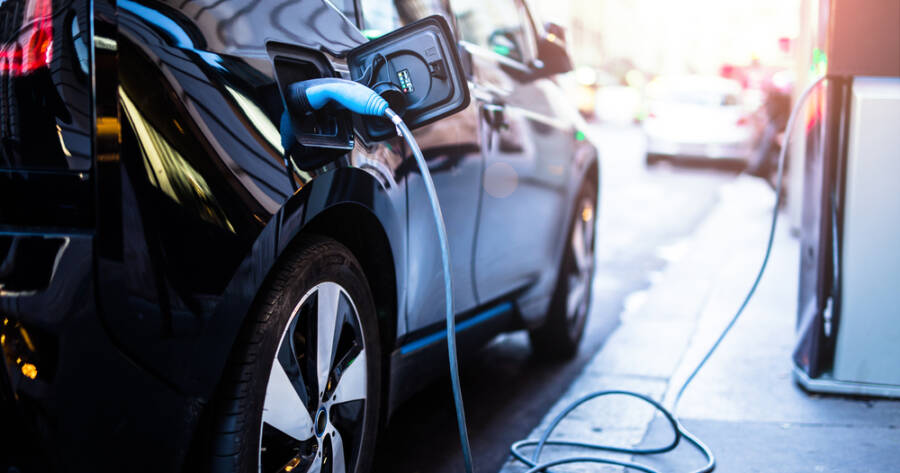Electric cars are gaining popularity as an eco-friendly alternative to gasoline-powered vehicles. With zero tailpipe emissions, they contribute to cleaner air and mitigate climate change.
Clean Air and Climate Solutions
One of the most notable advantages of electric cars lies in their capacity to operate without emitting harmful pollutants. Unlike gasoline-powered vehicles that release carbon dioxide (CO2), nitrogen oxides (NOx), and particulate matter (PM) into the atmosphere, electric cars produce zero tailpipe emissions. This not only helps combat air pollution but also plays a crucial role in mitigating the adverse impacts of climate change.
Moreover, electric cars can be powered by renewable energy sources such as solar and wind power, further reducing their environmental footprint and fostering the integration of clean energy technologies into transportation systems.
Affordability Through Reduced Costs
In addition to their environmental benefits, electric cars offer significant economic advantages to consumers. Electric vehicles typically have lower operating costs compared to their gasoline-powered counterparts. Electricity is generally cheaper than gasoline, translating into substantial savings for electric car owners over the vehicle’s lifetime.1
Furthermore, electric cars require less maintenance due to their simpler mechanics and fewer moving parts, reducing upkeep expenses. Governments around the world also provide various incentives such as tax credits, rebates, and access to high-occupancy vehicle (HOV) lanes to encourage the adoption of electric vehicles, making them more financially accessible to consumers.
Government Support and Incentives
Recognizing the importance of electric cars in achieving environmental sustainability and reducing dependence on fossil fuels, governments have implemented a range of supportive policies and initiatives. These measures include tax incentives, rebates, and exemptions from certain taxes and fees for electric vehicle owners.
Additionally, governments often invest in the development of charging infrastructure to facilitate widespread adoption of electric cars.2 By fostering an environment conducive to the growth of electric vehicle markets, policymakers aim to accelerate the transition towards cleaner, more sustainable transportation systems.
Why You Should Learn More About Electric Cars
As electric cars continue to gain momentum as a viable transportation solution, it is imperative for consumers to educate themselves about the benefits and advantages of these vehicles. By opting for electric cars, individuals can contribute to cleaner air, reduced greenhouse gas emissions, and a more sustainable future for generations to come.
With ongoing advancements in technology and increasing support from governments and policymakers, electric cars are poised to play a central role in shaping the future of transportation, offering a compelling alternative to traditional gasoline-powered vehicles.
